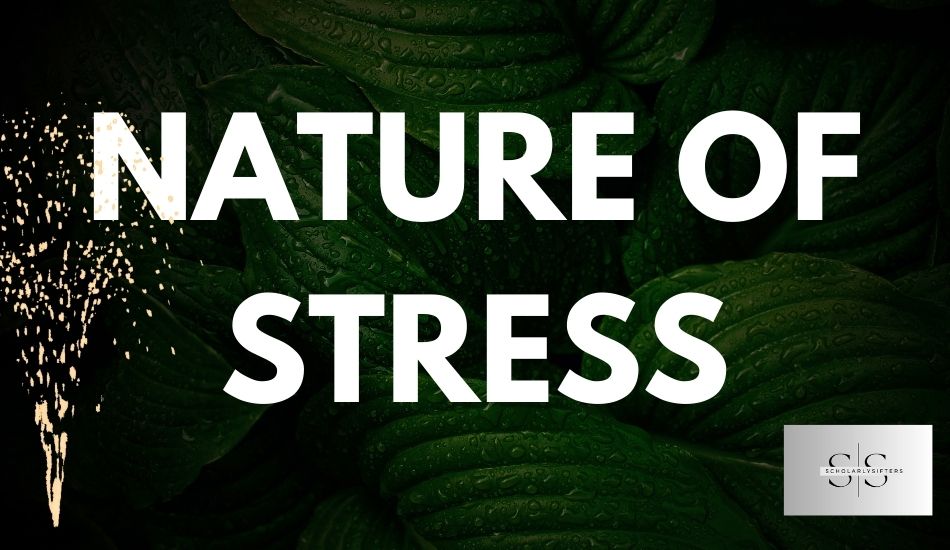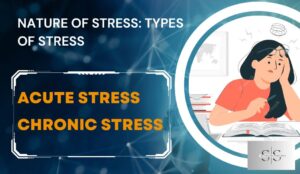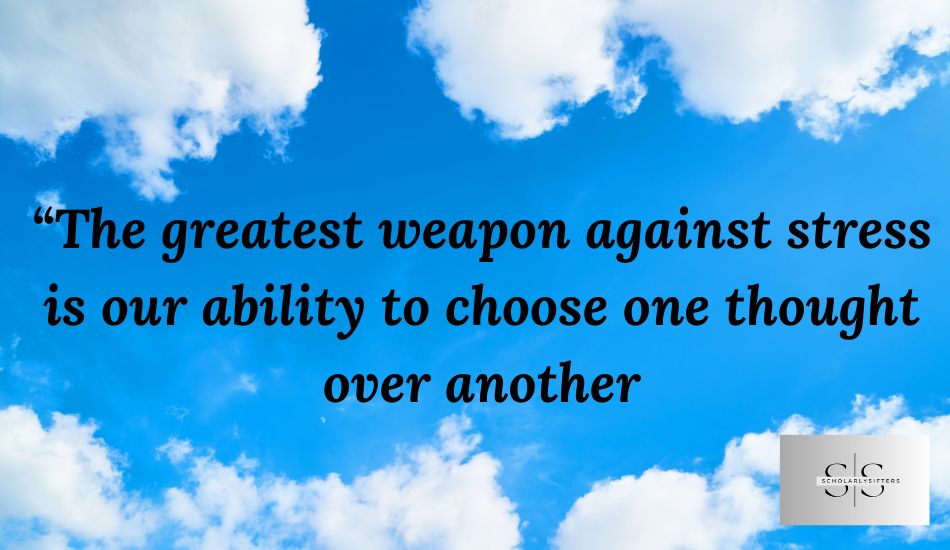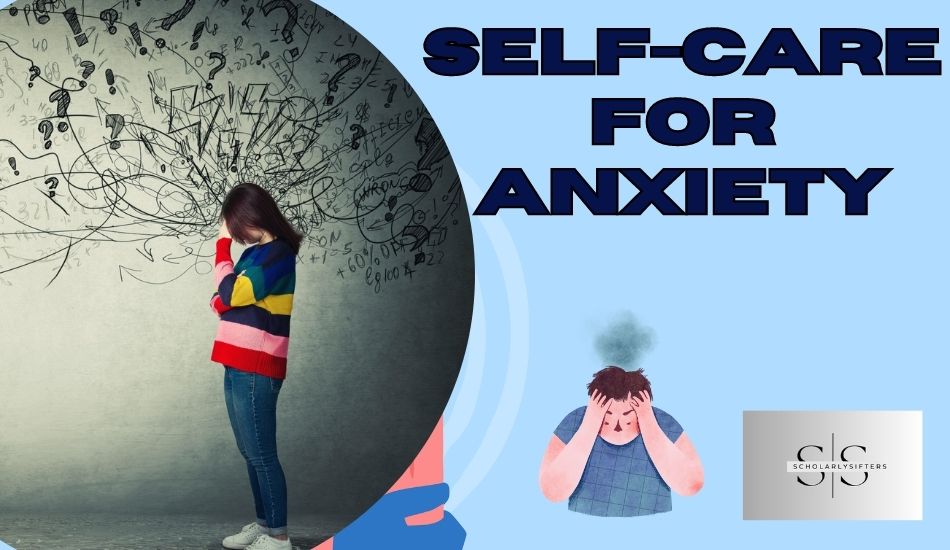No products in the cart.

Understanding How to Deal with Stress in Modern Life: Nature of Stress

Introduction
Nature of Stress has become an inseparable part of modern-day living, affecting individuals from all walks of life. In this article, we delve into the concept of stress, shedding light on its definition, the significance of understanding it, and the purpose of our exploration.
Exploring the Nature of Stress:
Stress manifests in various forms, impacting both our physical and psychological well-being. We will examine the distinct aspects of physical and psychological stress to gain a deeper understanding.
Physical Stress:
Physical stress, often overlooked, can have a profound effect on our bodies. We define physical stress, explore its physiological implications, and provide real-life examples of common physical stressors faced by individuals in India.
Psychological Stress:
The mind’s response to life’s challenges is equally crucial to our well-being. We define psychological stress, highlight its impact on mental health, and identify the prevailing sources of psychological stress faced by the Indian population.
The Effects of Stress on Mental Health in India
India, with its diverse population and fast-paced lifestyle, faces unique stress-related challenges. We analyse the stress on the mental health of Indians, including prevalent psychological disorders linked to stress.
Nature of Stress: Culturally Based Coping Strategies
India boasts a rich cultural heritage, with time-tested practices that can aid in stress management. We explore traditional coping mechanisms and techniques, such as yoga, meditation, and mindfulness, offering guidance on incorporating these practices into daily life.
Addressing Workplace Stress:
With a rapidly growing corporate sector, workplace stress has become a significant concern. We address the issue of workplace stress in India, discussing its impact on productivity and employee well-being, while also providing strategies for employers and employees to create a healthier work environment.
Nurturing Mental Resilience:
Building mental resilience is crucial in navigating life’s challenges. We present actionable steps for cultivating resilience, fostering a positive mindset, and embracing a balanced lifestyle in the Indian context.
Nature of Stress: Seeking Support:
The Importance of Mental Health Awareness:
In a society where mental health was once a taboo topic, the conversation is now changing. We explore the growing importance of mental health awareness in India, including the value of seeking professional help and available resources.
Fight or Flight Mechanism:
Explanation of the Fight or Flight Response:
The fight or flight response is a primal survival instinct triggered when the body perceives a threat. This section elucidates how this innate mechanism prepares the body to confront or flee from perceived dangers.
How the Body Reacts to Stressors?
Delving into the physiological changes triggered by the fight or flight response, we explore how the body’s various systems adapt to cope with stressors, including increased heart rate, heightened senses, and diverted energy flow.
Evolutionary Purpose of the Stress Response:
By examining the evolutionary roots of the fight or flight response, we uncover how this adaptive mechanism helped our ancestors survive in threatening environments and how it remains relevant in modern-day stressors.
Nature of Stress: The Role of Hormones
Stress-Related Hormones
We explore the key stress hormones, such as cortisol and adrenaline, their sources, and how they function as chemical messengers in orchestrating the body’s stress response.
How Hormones Influence the Stress Response?
This section examines how stress hormones interact with different organs and systems to modulate responses, mobilizing energy reserves and preparing the body for action.
Long-Term Effects of Chronic Stress on Health:
Chronic stress can have severe repercussions on health. By investigating the consequences of prolonged exposure to stress hormones, we highlight the potential impact on physical and mental well-being.
Nature of Stress: Types of Stress

Acute Stress:
Acute stress is short-term stress triggered by specific events or situations. We define acute stress and identify common scenarios that evoke this type of stress.
Situations that Trigger Acute Stress:
Understanding the potential triggers of acute stress, we explore a range of circumstances that can induce this transient form of stress in daily life.
Managing and Coping with Acute Stress:
Providing practical coping strategies, we offer techniques to effectively manage acute stress, promoting resilience and preventing it from escalating into chronic stress.
Chronic Stress:
Chronic stress is ongoing and persistent stress, often stemming from prolonged exposure to challenging situations or unresolved issues. We define chronic stress and shed light on its prevalence in modern society.
Health Consequences of Prolonged Stress:
Investigating the adverse effects of chronic stress, we emphasize the toll it takes on physical health, mental well-being, and overall quality of life.
Strategies for Dealing with Chronic Stress:
Equipping readers with valuable coping strategies, we present a variety of approaches to manage and alleviate chronic stress, encouraging a proactive and holistic approach to well-being.
The Deep Impact of Stress on Mental Health
Anxiety Disorders:
Investigating the intricate relationship between stress and anxiety disorders, we explore how chronic stress can contribute to generalized anxiety, panic attacks, and other anxiety-related conditions.
Depression:
Delving into the connection between stress and depression, we shed light on how prolonged stress may lead to or exacerbate depressive symptoms and discuss potential coping strategies.
Post-Traumatic Stress Disorder (PTSD):
Exploring the aftermath of traumatic events, we examine how severe stress can manifest as PTSD, impacting individuals’ mental and emotional well-being, and offer insights into PTSD management.
Nature of Stress: Stress and Cognitive Function
Impact of Stress on Memory and Learning:
Examining the effects of stress on memory retention and learning abilities, we explore the intricate interplay between stress hormones and cognitive functions.
Stress-Induced Cognitive Impairments:
Understanding the detrimental impact of chronic stress on cognitive performance, we highlight issues like impaired decision-making, decreased concentration, and memory lapses.
Strategies for Reducing Stress-Related Cognitive Effects:
Equipping readers with practical approaches, we present evidence-based strategies to mitigate stress-related cognitive impairments and enhance mental clarity.
Nature of Stress: Coping Mechanisms and Stress Management
Physical Activity and Exercise:
Promoting physical well-being as a means to combat stress, we explore the positive influence of regular exercise on mental health and stress reduction.
Mindfulness and Meditation:
Unveiling the transformative power of mindfulness and meditation, we guide readers in incorporating these practices into their daily lives to foster mental clarity and emotional balance.
Social Support and Communication:
Recognizing the significance of social connections, we emphasize the role of a strong support network in coping with stress and cultivating a sense of belonging.
Seeking Professional Help: Embracing Mental Health Support
Therapy and Counseling:
Breaking the stigma surrounding mental health support, we advocate for the benefits of therapy and counselling as valuable resources in managing stress and promoting overall well-being.
Medical Interventions for Stress-Related Conditions:
Exploring medical interventions that may complement traditional approaches, we discuss pharmacological treatments and other medical strategies to address stress-related conditions.
Understanding the Value of Seeking Professional Support:
Stressing the importance of seeking help from mental health professionals, we encourage readers to prioritize their mental well-being and embrace professional support when needed.
The Journey to Resilience: Empowering Your Inner Strength
Building Resilience to Stress: Weathering Life’s Storms
Developing Emotional Resilience:
Unravelling the art of emotional resilience, we delve into techniques for managing emotions, building coping skills, and fostering adaptability in the face of adversity.
Cultivating a Positive Mindset:
Exploring the transformative power of positivity, we guide readers in cultivating a hopeful outlook, enhancing self-belief, and embracing optimism to navigate stress with a growth-oriented mindset.
Learning from Setbacks and Challenges:
Embracing life’s lessons, we discuss the value of embracing setbacks and challenges as opportunities for growth, emphasizing the role of resilience in bouncing back stronger.
Embracing a Balanced Lifestyle: Nurturing Wholeness
Importance of Self-Care:
Prioritizing self-care, we highlight the significance of nurturing physical, emotional, and mental well-being through self-compassion, relaxation, and activities that rejuvenate the soul.
Balancing Work and Personal Life:
Addressing the challenges of modern-day living, we explore effective strategies for achieving a harmonious work-life balance, promoting overall wellness and reducing stress.
Nurturing Meaningful Relationships:
Emphasizing the profound impact of social connections, we delve into the role of supportive relationships in fostering resilience and providing a sense of belonging.

Conclusion:
Summarizing key stress concepts, we revisit the impact of stress on physical and mental health, acknowledging its role in shaping our lives.
Underlining the importance of managing stress, we underscore how stress management contributes to overall well-being and quality of life.
Offering encouragement and motivation, we empower readers to take charge of their stress reduction journey, inspiring them to cultivate resilience, embrace positivity, and lead a fulfilling life.
Through the journey to resilience, readers can tap into their inner strength, effectively manage stress, and cultivate a balanced lifestyle that nurtures their well-being. By embracing these principles, individuals can navigate life’s challenges with grace, emerge stronger from setbacks, and foster a lasting sense of contentment and fulfillment.






